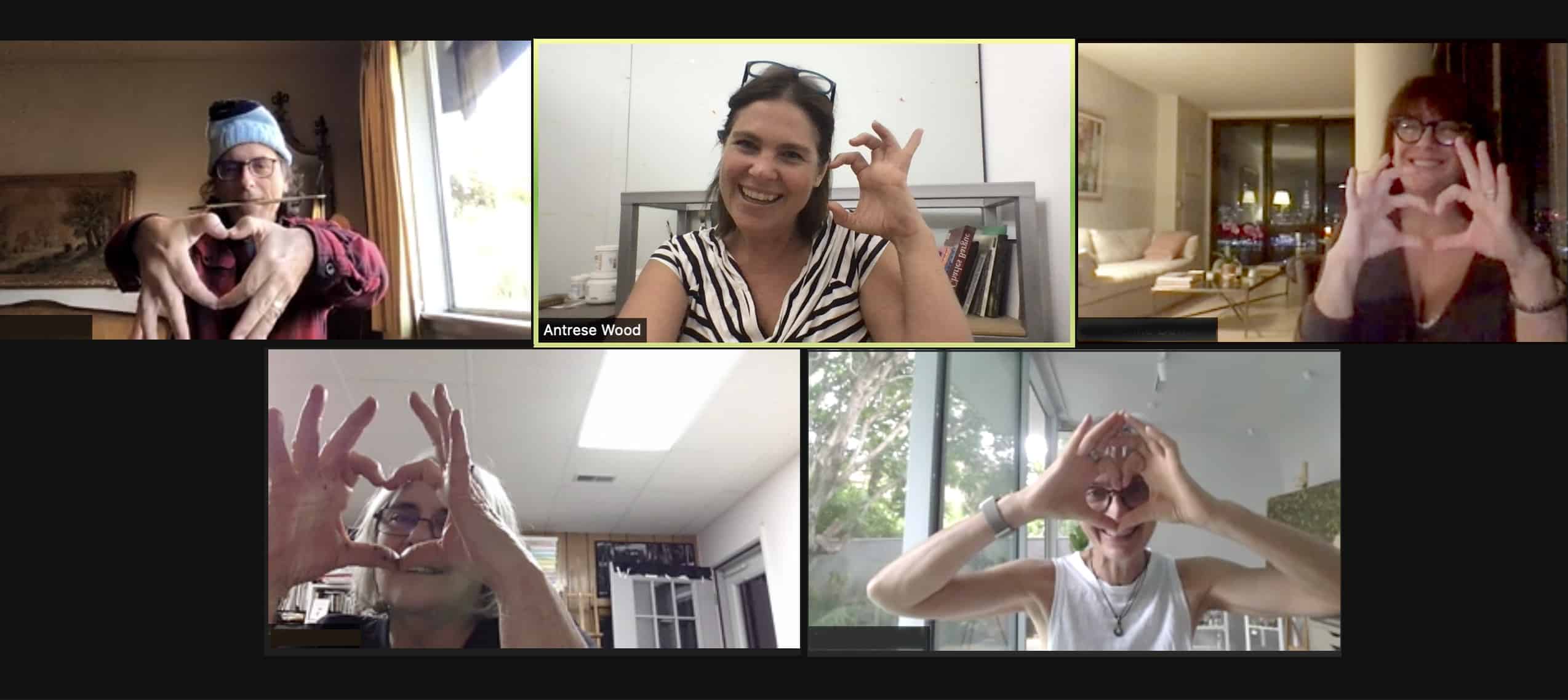Connie Hayes responded to a question I had asked her in our interview:
How do you see the art market changing in the next 5 years?
We are in the midst of a revolution in communication. The internet is changing how power and trust are developed.
Outside the mainstream, a large number of artists have operated without representation and guidance by powerful galleries and museums. That power was called the “art world” and it sat primarily in a few urban hubs. Artists in the provinces made some good work but leaving the province was most often a necessity in order to be recognized by the “art world”. A large number of provincial artists rarely survived or thrived on art-making alone.
Today there is more awareness of multiple art worlds. Computer-searching is easier than travelling to urban hubs, or even gallery-hopping. Specialized interests can easily find art across multiple geographies. This ability to survey effortlessly and widely has stolen much of the power of any single urban hub.
Art fairs have multiplied and they are social events. Their festivity has also eroded some of the need for urban hubs. One can maintain a gallery anywhere through just a computer screen and a warehouse if reputation is strong. But trusted guidance is still sought by collectors just because they need someone to narrow increasing options to recommend quality. Relationships still matter. Art’s value is often measured by supply and demand. Acquiring what is rare and excellent might have been a connoisseur’s wish in the past, but now, belonging to the club of “I’ve got one, too” also plays a role. The celebrity artist has floated to the top in the marketing of fame.
However internet self-empowerment and viral popularity is beginning to upstage traditional exclusivity. We are all able to present ourselves on the virtual stage of the web. The volume of what is available and findable is much greater than ever before. Who has the time to go through it all? Whom do we trust to judge quality and importance? And how is this sorting delivered?
Reliable identifiers are needed and are already appearing in the viral society of the media. Some voices will likely step up to challenge and in some cases replace established authorities from the existing world of galleries, museums and critics. Those with foresight and nimbleness are reinventing themselves for the revolution.
The next five years are likely to see more, good, and trusted on-line communicators distinguish themselves with genuine and recognized expertise. My observation of painters talking with painters on-line has already assembled and identified individuals who recognize authenticity and passion in all its diversity. These virtual groups function as the new Cedar Bar or intellectual salon. I think the public is fatigued by misplaced power. Momentum across a broader geography and through connected virtual presence is shifting that power. The shift may steal trust away from traditional experts because of a crowd-sourced recognition of a growing number of clear thinkers who are evaluating art.
The public defines a market for art collectively, individually seeking their interests and expression. Curators and directors flex their muscles to maintain their positions of strength, often presenting the public with increasingly more eccentric, popular, and shocking exhibitions. Even the diverse ingredients of today’s notoriety are not strong enough to sustain this approach. We even hear an outcry among highly regarded art venues to dismiss some directors and curators for making art into a celebrity circus.
Directions that the art market might go:
A market crash where collectors lose confidence in buying what is recommended
Suspicion that the emperor has no clothes, disrupting the secret handshake from within and without
Art fairs multiplied out of control in number, size and quality, requiring guides simply to visit them for the selectively
New authoritative voices arise
Artists relatively unknown today, may be elevated for criteria different from and more substantial than fame
Satellites of urban centers get more attention than hubs
Current populations who until recently have taken the cannon of western art for granted begin to see diversity as the norm
Collaborative collectives of artists who value perceptual art pursued as an unattainable goal share meaningful and readily understandable dialogue. They re-establish objectively-arguable criteria and articulate describable improvement, and pursue ways to engage in its pursuit
Irony becomes tiresome and hollow, losing its ability to insulate authority from its fallibility
What power does a painter have or want? Appreciation, attention, and buyers who love the work and want to live with it. In the painter’s world that I care about, games, fame and posturing are uninteresting, irrelevant and distracting (though they can be amusing).
In our big, permissive world, anything can be called art. A healthy culture wants to identify and pursue the highest quality, and live to see it pass the test of time. Sometimes, exceptional art is identified by museums, and sometimes by selective bias. With a growing number of others, I value the slow seeing, contemplating, and recognizing of gifts from my aesthetic ancestors as records of extraordinary skill, focus and communication. Painting is a language. I love encountering an articulate painter who uses the language of art, no matter how long ago they lived. The more visually literate we all become the better our culture will be.
~Connie Hayes

